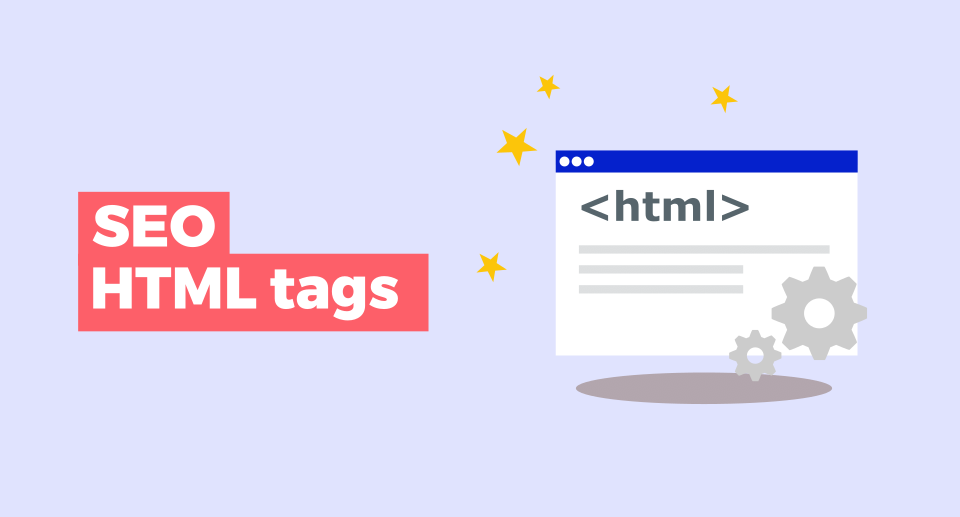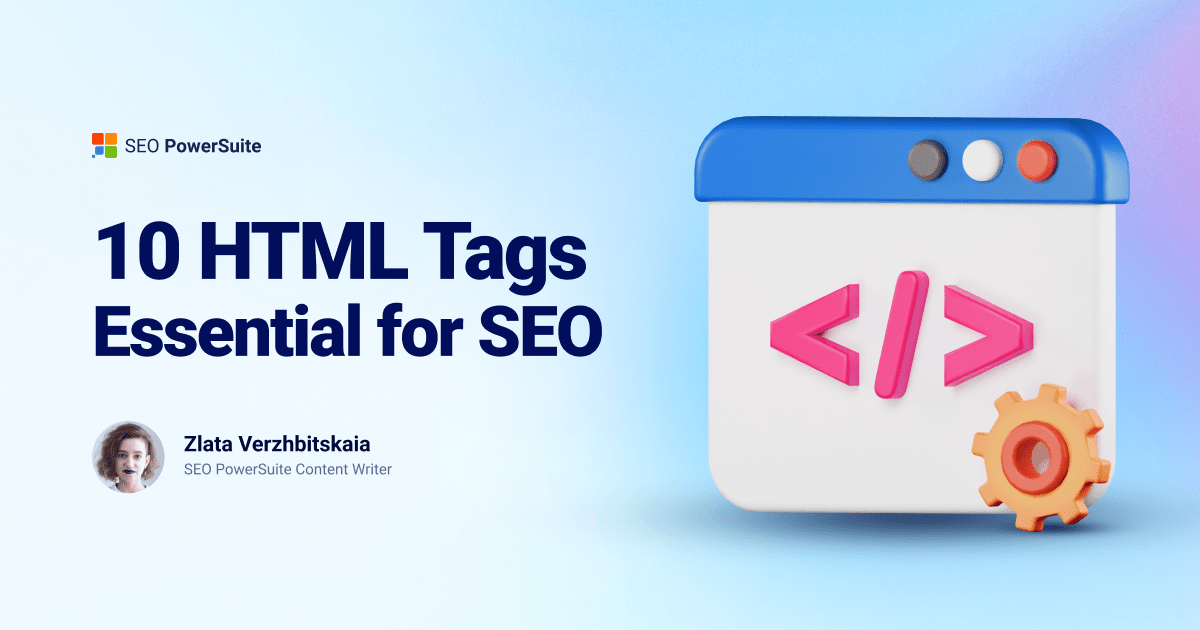Discover the untold truth about the value of post tags in SEO plugins. Find out if they truly make a difference.

Image courtesy of via DALL-E 3
Table of Contents
SEO and post tags are like magic words that help make blogs more visible on the internet. Imagine you have a special treasure hidden in your room, but nobody knows where to find it. That’s where SEO and post tags come in to guide people to your treasure. In this blog, we will explore the world of blogs and uncover the truth about whether post tags are valuable in SEO plugins. So, let’s dive in and unravel the mystery!
What is SEO?
In simple terms, SEO, or search engine optimization, is how websites improve their visibility and ranking on search engines like Google. Just imagine you have a favorite book, but you can’t find it on a messy bookshelf. SEO helps tidy up the internet so people can easily find the websites they are looking for.
How Search Engines Work
Search engines are like super-smart librarians that scan the internet to find the most relevant websites for your search. They use special algorithms to look at things like keywords, links, and post tags to decide which websites are the most helpful for your query.
Why SEO Matters
Websites want to be at the top of search engine results because most people only click on the first few websites they see. The higher a website ranks in search results, the more likely people are to visit it. SEO helps websites climb the search rankings ladder, bringing in more visitors and potential readers.
Understanding Post Tags
In the world of blogging, post tags play a crucial role in organizing and categorizing content. Post tags are like labels that you can attach to your blog posts to help readers easily find related topics. Let’s delve into what post tags are and how they can benefit your blog.
What are Post Tags?
Post tags are short keywords or phrases that you assign to your blog posts to describe the content. For example, if you write a blog post about healthy recipes, you might use tags like “healthy eating,” “recipes,” and “nutrition.” These tags act as labels that help readers navigate your blog and find topics that interest them.
Benefits of Using Post Tags
Using post tags in your blog posts offers several benefits. Firstly, tags make it easier for readers to find content on specific topics. If a reader enjoys a particular post and wants to read more on the same subject, they can simply click on the relevant tag to access similar posts. Additionally, post tags help search engines understand the content of your blog, which can improve your SEO (Search Engine Optimization) efforts. When search engines like Google can categorize your content effectively, they are more likely to show your blog in search results.
How Post Tags Relate to SEO
Post tags are like signposts for search engine crawlers. These little tags help search engines understand what your blog posts are about and where they should be placed in search results. When crawlers come across your tags, they can index your content more accurately, making it easier for users to find your posts when they search for related topics.

Image courtesy of via Google Images
Impact on User Experience
Think of post tags as labels that classify and organize your blog posts neatly. When users visit your blog, these tags act as a navigation system, guiding them to related articles they might be interested in. By making it simpler for visitors to explore your content, you enhance their experience on your blog, which can lead to longer visits and increased engagement. And guess what? Search engines love it when users spend more time on your site because it indicates that your content is valuable.
The Truth About Post Tags in SEO Plugins
SEO plugins are tools used to improve a website’s search engine optimization. These plugins offer various features that help optimize content for better visibility on search engines like Google. When it comes to post tags, SEO plugins typically allow users to add meta tags, title tags, and meta descriptions to their posts. These elements provide additional information about the content to search engine crawlers, helping them better understand the context of the post.
How Effective Are Post Tags?
Many experts and studies suggest that post tags can positively impact SEO. When used strategically, post tags can improve the organization of content on a website, making it easier for search engine crawlers to index and categorize the information. Additionally, well-chosen post tags can also enhance user experience by providing readers with a more structured way to navigate through the content.
Alternatives to Post Tags for SEO
While post tags can be valuable for SEO, there are other strategies you can use to improve your blog’s search engine optimization. Here are some alternatives to consider:

Image courtesy of via Google Images
Keyword Optimization
One effective alternative to using post tags is optimizing your content with relevant keywords. Keywords are the terms or phrases that users type into search engines when looking for information. By strategically incorporating these keywords into your blog posts, you can increase your chances of ranking higher in search engine results.
Content Quality
Another crucial aspect of SEO is the quality of your content. Search engines prioritize websites that provide valuable and informative content to users. By creating high-quality, engaging, and original content, you can attract more visitors to your blog and improve your search engine rankings.
Backlinks
Backlinks are links from other websites that direct users to your blog. They are a crucial factor in SEO because search engines view backlinks as an endorsement of your content. By building a network of quality backlinks from reputable websites, you can enhance your blog’s authority and credibility, leading to higher search engine rankings.
Best Practices for Using Post Tags
When selecting tags for your blog posts, it’s essential to choose ones that are directly related to the content of the post. Think about what keywords your audience might use to search for your topic and use those as tags. This will help search engines understand what your post is about and improve its visibility to the right audience.
Avoid Over-Tagging
While it may be tempting to use as many tags as possible to cover all bases, over-tagging can actually harm your SEO efforts. Search engines may view this as spammy behavior and penalize your website. Stick to a few relevant tags that accurately represent the content of your post rather than bombarding it with unnecessary tags.
Conclusion
In this article, we have delved into the world of SEO and post tags to uncover their significance in optimizing blog content. We started by explaining the basics of SEO and how it impacts websites, paving the way for a deeper exploration of post tags and their role in organizing blog posts effectively. We then examined the intertwined relationship between post tags and SEO, highlighting their impact on search engine indexing and user experience.

Image courtesy of via Google Images
As we navigated through the intricate landscape of SEO plugins, we scrutinized the effectiveness of post tags in enhancing SEO performance. Through this analysis, we shed light on the common features of SEO plugins and the varying opinions on the efficacy of post tags. Additionally, we presented alternative strategies for boosting SEO, emphasizing the importance of keyword optimization, content quality, and building backlinks.
To equip our readers with practical insights, we shared best practices for utilizing post tags wisely, such as selecting relevant tags and avoiding over-tagging. By adhering to these guidelines, bloggers can enhance their SEO efforts and improve the visibility of their content online.
Therefore, in conclusion, while post tags play a crucial role in organizing blog content and enhancing user experience, their direct impact on SEO remains a subject of debate. However, by incorporating post tags effectively and in moderation, bloggers can optimize their content for search engine visibility and maximize their online presence.
Frequently Asked Questions (FAQs)
Do Post Tags Really Help with SEO?
Yes, post tags can indeed help with SEO. By organizing your blog posts with relevant tags, you make it easier for search engine crawlers to understand and index your content. Tags act as a roadmap for search engines, guiding them to the key topics and keywords within your posts. This organization can ultimately improve your search engine rankings and visibility.
How Many Tags Should You Use per Post?
It is generally recommended to use around 5-10 tags per blog post. This range allows you to cover various relevant topics and keywords without overcrowding your post with unnecessary tags. Remember, the key is to use tags that are directly related to the content of your post and add value to your readers.
Are Post Tags and Categories the Same?
No, post tags and categories serve different purposes in organizing your blog content. Categories are broader classifications that group similar posts together, while tags are more specific keywords or topics associated with individual posts. Categories help readers navigate your blog at a high level, while tags provide more detailed information about the content of each post. Both categories and tags play a role in SEO, but in slightly different ways.
Can Overusing Tags Harm SEO?
Yes, overusing tags can actually harm your SEO efforts. When you use too many tags that are not directly relevant to your content, it can confuse search engines and dilute the focus of your post. This can lead to lower search engine rankings and decreased visibility. To avoid this, make sure to choose tags that accurately reflect the content of your post and keep them to a reasonable number.







